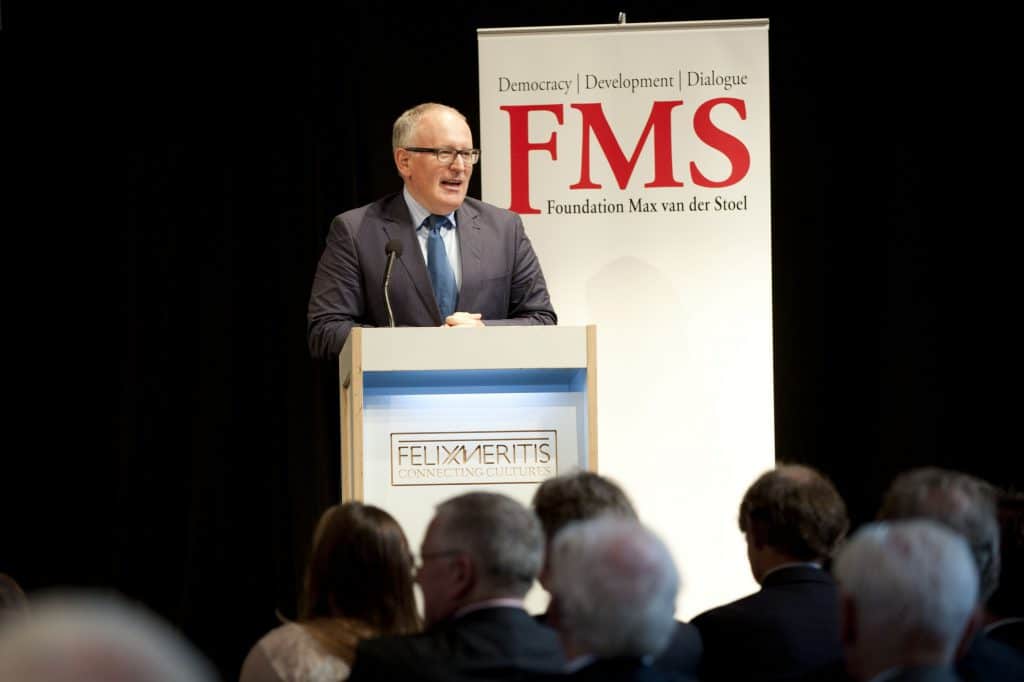
"There is no Dutchman who has played a greater role in international diplomacy since World War II than Max van der Stoel. I have yet to meet anyone else who so consistently knew how to put the common good above his own interests, for whom the cause always came first, for whom only the result counted and never appearances."
Frans Timmermans on Max van der Stoel, April 2011
Max van der Stoel, who died in 2011, is regarded by many as one of the most distinguished foreign ministers who ever served the Netherlands. He created a furore in the Netherlands and worldwide through his unfailing support for human rights movements. As the namesake of the Max van der Stoel Foundation, he is an inspiration for our work.
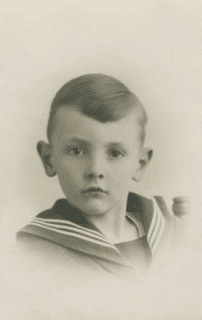
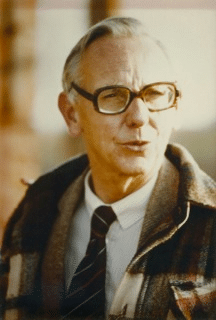
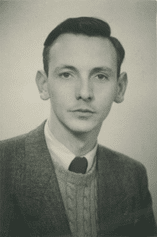
Max van der Stoel was born on 3 August 1924 in Voorschoten. The son of a general practitioner, young Max was regularly taken on patient visits by his father during the crisis years. During this period, he saw that unhealthiness and poverty were inextricably linked. Thus, at an early age, he became aware of social ills and the need for justice.
During World War II, Van der Stoel stayed with his mother in Leiden. Listening secretly to the BBC, he was kept informed not only about the course of the war, but also about the UK's domestic politics. During this period, Van der Stoel developed an affinity for Labour, as that party combined the social movement with the pursuit of personal freedom like no other. With this conviction, Van der Stoel immediately joined the Labour Party at its founding, within which, with the legacy of the SDAP and the VDB, these social and liberal ideals were also continued. Van der Stoel would remain loyal to the Labour Party until his death in 2011.
His career in the Lower House began in 1965. In the Cals cabinet, he was briefly state secretary for foreign affairs, until Schmelzer's night and the accompanying fall of the cabinet. In 1971, he was shadow foreign minister in the Shadow Cabinet-Den Uyl. After a long formation, Van der Stoel was reappointed foreign minister in the Den Uyl cabinet (1973-1977).
During his ministry, he did not allow himself to be swayed by leftist sentiments within the party. His aversion to dictatorships of any political stripe, his support for the dissident movements behind the Iron Curtain and his outspoken stance on the oil crisis made for a striking and successful ministry, but also made him a constant target for the New Left. His scathing report for the Greek colonels led to the regime's exclusion from the Council of Europe, which, former prime minister George Papandreou once said, not only gave courage to the opposition to the colonels, but also dealt the regime a hard, ultimately fatal blow.
After his short-lived ministership in the second Van Agt cabinet, Van der Stoel did not return to the Lower House. Disagreements with Joop den Uyl over the cruise missile issue caused a rift with the leader who had always defended him against numerous attacks from the party's leftist factions. Van der Stoel did not want to give in to the electorally attractive "cruise missiles no" position for unilateral disarmament of the West. Because of the Soviet Union's aggressive intentions, such a move was too irresponsible, according to Van der Stoel.
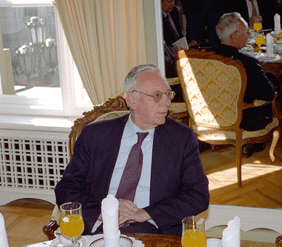
After this break, Van der Stoel continued his international diplomatic career as ambassador to the United Nations. Between 1983 and 1986, he served in New York. After this, he returned to the Netherlands, where he was a member of the Council of State until 1992. Until its dissolution in 1992, Van der Stoel was leader of the highly secret organisation O&I (Operations and Intelligence), better known as Gladio, which was to lead the resistance should the Netherlands be reoccupied after World War II. In addition, in 1988, Van der Stoel was recruited as a secret agent for the Operations & Intelligence Service, a stay-behind resistance organisation for the theoretical case of the Soviet Union occupying the Netherlands. In May 1991, Van der Stoel was appointed minister of state.
Although Van der Stoel had now reached retirement age for more than a year, his hunger for international justice and respect for human rights was by no means satisfied. From 1991 to 1999, he was UN rapporteur on human rights compliance in Iraq. From 1993, a second post was added. Van der Stoel was High Commissioner on National Minorities of the Organisation for Security and Cooperation in Europe (OSCE) until July 2001. From 1 July 2001, Van der Stoel served as special adviser to Javier Solana, the Secretary-General/High Representative for the Common Foreign and Security Policy of the European Union.
Van der Stoel died on 23 April 2011 at the age of 86 after a short illness. Apart from numerous awards he received during and after his life, a prestigious prize was also named after him. The Max van der Stoel Prize is an international award established by the Dutch government on his retirement. This prize, currently worth €50,000, is awarded every two years to individuals or organisations that have made a meritorious contribution to the position of national minorities in the OSCE region.
At the Max van der Stoel Foundation's 10th anniversary in June 2023, director Kido Koenig spoke with Alvise Tanzi, Max van der Stoel's grandson. Alvise talked about his memories of "Grandpa Max" and how he thinks Max van der Stoel would look at worrisome developments in the world now, such as the war against Ukraine. The full interview can be viewed below:
Vice-president of the European Commission and former PvdA minister, Frans Timmermans joined Jinek to receive the biography on Max van der Stoel and talk about his mentor and role model.
Watch the tribute this page.